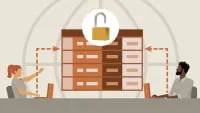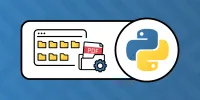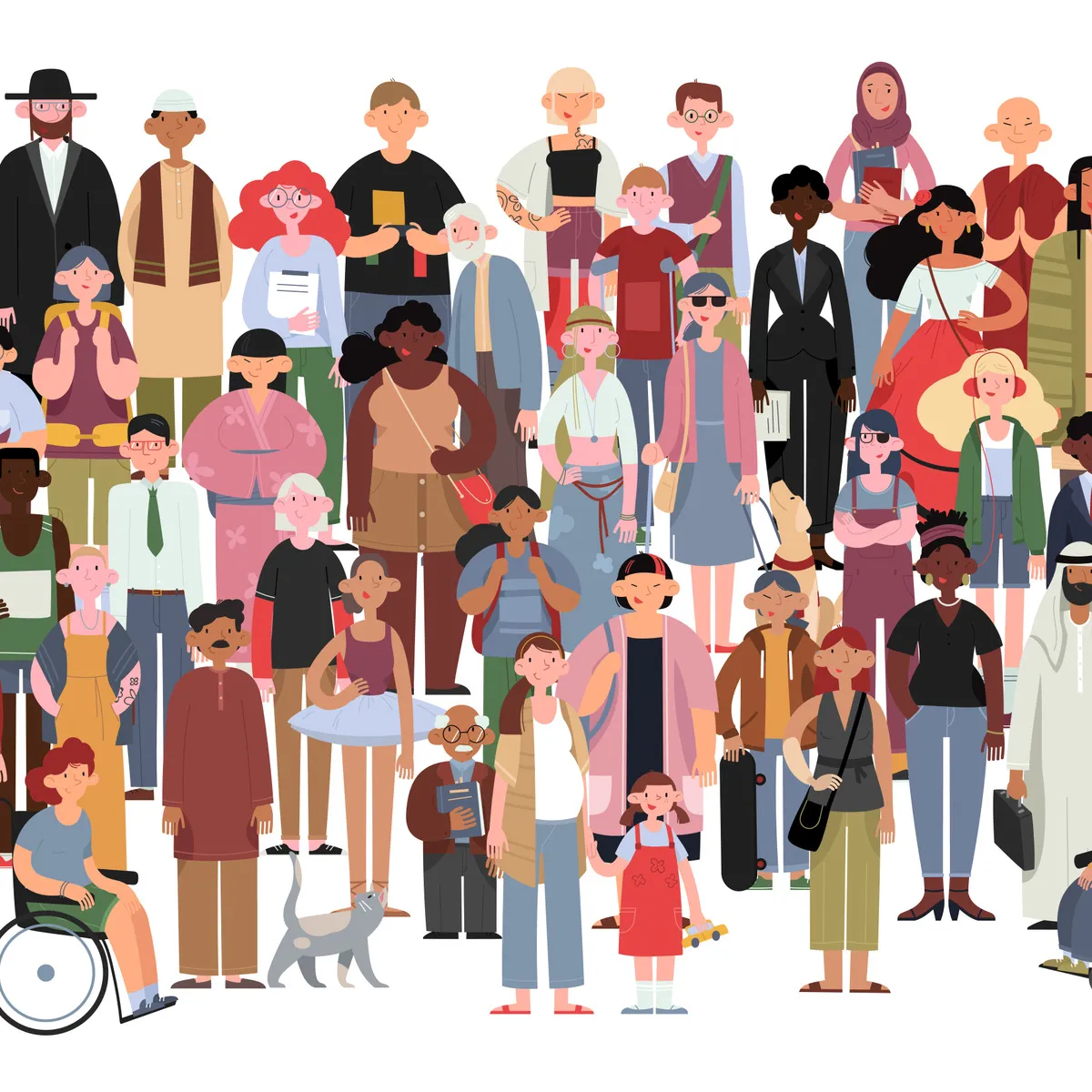
Criminology 
This course provides an in-depth exploration of crime, its causes, and strategies for controlling it. Students will gain an understanding of the scope of crime and its impact on society, as well as the tools to develop effective crime prevention strategies. ▼
ADVERTISEMENT
Course Feature
![]() Cost:
Cost:
Free
![]() Provider:
Provider:
Coursera
![]() Certificate:
Certificate:
No Information
![]() Language:
Language:
English
Course Overview
❗The content presented here is sourced directly from Coursera platform. For comprehensive course details, including enrollment information, simply click on the 'Go to class' link on our website.
Updated in [March 06th, 2023]
This Criminology course provides an overview of the field of criminology and its related topics. Students will explore how theoretical concepts relate to current criminal policy practises, and learn how to compute basic crime rates. Additionally, students will gain an understanding of the tools that criminologists use to detect latent crimes, and investigate various criminological theories. By the end of the course, students will have a comprehensive understanding of the field of criminology.
[Applications]
After completing this course, students should be able to apply their knowledge of criminology to current criminal policy practises. They should be able to compute basic crime rates and use the tools that criminologists use to detect latent crimes. Additionally, they should be able to evaluate various criminological theories and apply them to their own research.
[Career Paths]
1. Crime Analyst: Crime analysts use data to identify patterns and trends in criminal activity, and develop strategies to reduce crime. They also provide support to law enforcement agencies by analyzing data and providing reports. As technology advances, crime analysts are increasingly using predictive analytics to anticipate and prevent crime.
2. Forensic Scientist: Forensic scientists use scientific methods to analyze evidence from crime scenes. They use their knowledge of chemistry, biology, and other sciences to identify and analyze evidence, and to provide expert testimony in court. With the increasing use of DNA evidence, forensic scientists are in high demand.
3. Criminal Investigator: Criminal investigators are responsible for gathering evidence and conducting interviews to solve crimes. They use their knowledge of criminal law and investigative techniques to identify suspects and build cases. As technology advances, criminal investigators are increasingly using digital forensics to uncover evidence.
4. Correctional Officer: Correctional officers are responsible for the safety and security of inmates in prisons and jails. They monitor inmates, enforce rules, and provide support to inmates. With the increasing number of inmates, correctional officers are in high demand.
[Education Paths]
1. Bachelor of Science in Criminology: This degree program provides students with a comprehensive understanding of the criminal justice system, including the legal, social, and psychological aspects of crime. Students will learn about the causes of crime, the impact of crime on society, and the methods used to prevent and control crime. Additionally, students will gain an understanding of the criminal justice system, including the roles of law enforcement, the courts, and corrections. This degree program is ideal for those interested in pursuing a career in law enforcement, corrections, or criminal justice.
2. Master of Science in Criminology: This degree program provides students with an advanced understanding of the criminal justice system. Students will learn about the causes of crime, the impact of crime on society, and the methods used to prevent and control crime. Additionally, students will gain an understanding of the criminal justice system, including the roles of law enforcement, the courts, and corrections. This degree program is ideal for those interested in pursuing a career in law enforcement, corrections, or criminal justice.
3. Doctor of Philosophy in Criminology: This degree program provides students with an in-depth understanding of the criminal justice system. Students will learn about the causes of crime, the impact of crime on society, and the methods used to prevent and control crime. Additionally, students will gain an understanding of the criminal justice system, including the roles of law enforcement, the courts, and corrections. This degree program is ideal for those interested in pursuing a career in research, teaching, or policy-making.
4. Master of Arts in Criminology and Criminal Justice: This degree program provides students with an understanding of the criminal justice system, including the legal, social, and psychological aspects of crime. Students will learn about the causes of crime, the impact of crime on society, and the methods used to prevent and control crime. Additionally, students will gain an understanding of the criminal justice system, including the roles of law enforcement, the courts, and corrections. This degree program is ideal for those interested in pursuing a career in law enforcement, corrections, or criminal justice.
Course Syllabus
What is Criminology?
Deviance
What is Crime?
Criminalization
Crime as a Social Problem
Moral Panics
Course Provider

Provider Coursera's Stats at AZClass
Criminology provides an in-depth look at crime, its causes and control strategies. Learners develop an understanding of theoretical concepts in criminology, and how they relate to current criminal policy practice. They can study different theories of criminology such as the classical school, positivist school, critical school and conflict school. They can also learn about different types of criminal policy practices such as deterrence, incapacity, rehabilitation and restorative justice. This knowledge helps learners better understand the criminal justice system and how it works. Learners can also learn how to calculate basic crime rates. This includes understanding different types of crime rates, such as violent crime rates, property crime rates, and total crime rates. They can also learn how to calculate the crime rate for a particular area or population.
Discussion and Reviews
0.0 (Based on 0 reviews)
Explore Similar Online Courses

Learning Public Data Sets

PDF Management in Python

Python for Informatics: Exploring Information

Social Network Analysis

Introduction to Systematic Review and Meta-Analysis

The Analytics Edge

DCO042 - Python For Informatics

Causal Diagrams: Draw Your Assumptions Before Your Conclusions

Whole genome sequencing of bacterial genomes - tools and applications

A Law Students Toolkit

Citizenship and the Rule of Law


Start your review of Criminology